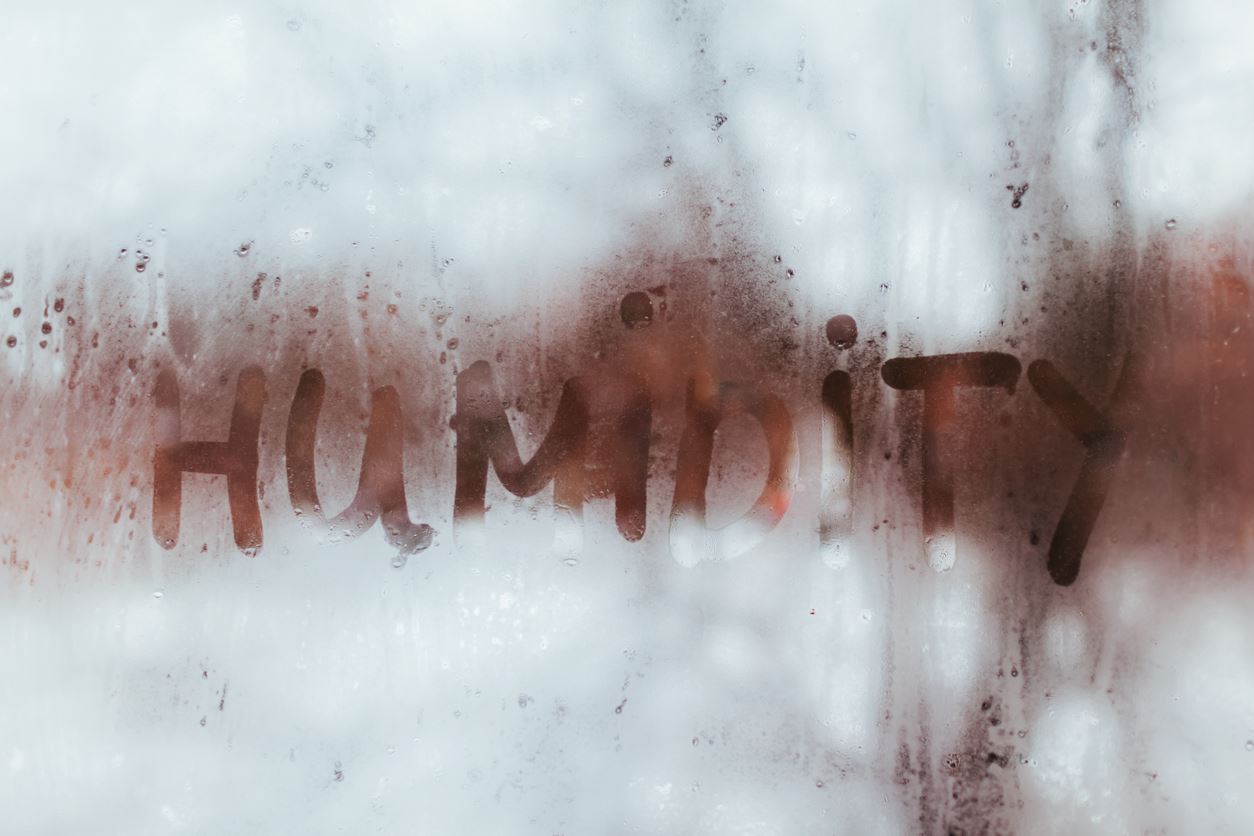As homeowners, we all know the importance of keeping our homes comfortable and safe. One key factor contributing to a comfortable home environment is indoor humidity. And your HVAC system plays a crucial role when it comes to maintaining the right humidity level.
What is Indoor Humidity?
Indoor humidity refers to the moisture in the air inside your home. The ideal level of indoor humidity is between 30% and 50%. When the humidity level is too low, it can cause dry skin, respiratory problems, and damage to your furniture and other household items. On the other hand, when the humidity level is too high, it can cause mold growth, musty odors, and damage to your home's structure.
How Does Your HVAC System Affect Indoor Humidity?
Your HVAC system is crucial in maintaining the right indoor humidity level. The system works by removing moisture from the air during the summer months and adding moisture during the winter months. However, if your HVAC system is not working properly, it can lead to problems with indoor humidity.
Here are some common issues that can affect indoor humidity:
- Dirty air filters: When your air filters are dirty, they can restrict airflow and reduce the efficiency of your HVAC system. This can lead to high humidity levels in your home.
- Oversized or undersized HVAC system: If your HVAC system is too large or too small for your home, it can lead to problems with indoor humidity. An oversized system will cool your home too quickly, leading to high humidity levels. On the other hand, an undersized system will struggle to keep up with demand, which can lead to low humidity levels.
- Leaky ductwork: If your ductwork leaks, it can allow moisture to enter your home, leading to high humidity levels.
Tips for Maintaining the Right Level of Indoor Humidity
Here are some tips to help you maintain the right level of indoor humidity:
- Change your air filters regularly: Make sure to change your air filters every 1-3 months to ensure proper airflow and efficiency.
- Schedule regular HVAC maintenance: Regular maintenance can help ensure your HVAC system works properly and efficiently.
- Use a humidifier or dehumidifier: Depending on the season and your specific needs, a humidifier or dehumidifier can help you maintain the right level of indoor humidity.
- Seal and insulate your home: Proper insulation and sealing can help prevent moisture from entering your home and affecting indoor humidity levels.
HVAC Services in Santa Clarita
At Rowland Air, we understand the importance of indoor humidity and the role that HVAC systems play in maintaining it. If you're experiencing problems with indoor humidity, don't hesitate to contact us at (661) 536-5522 for professional HVAC services.


